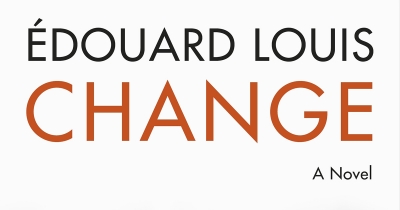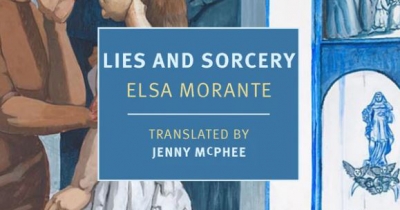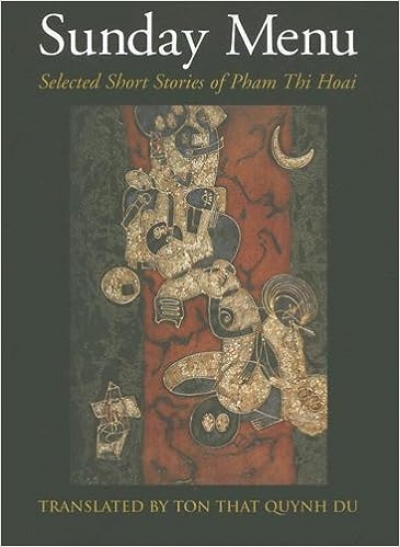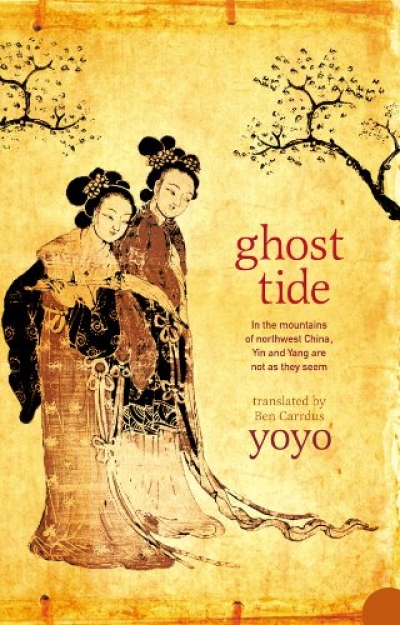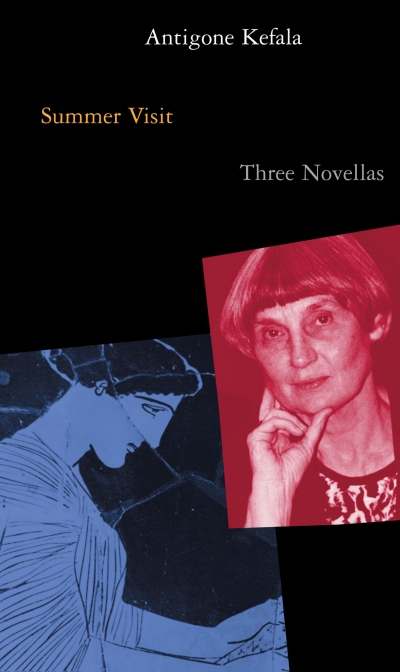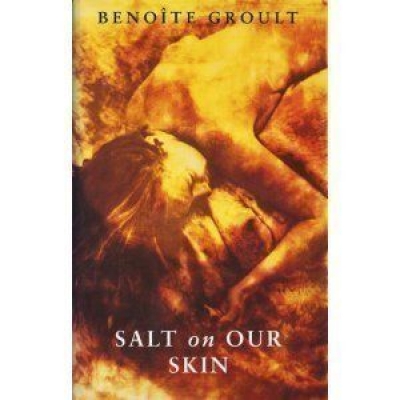Fiction in Translation
The Swann Way by Marcel Proust, translated from the French by Brian Nelson
by Felicity Chaplin •
Lies and Sorcery by Elsa Morante, translated by Jenny McPhee
by Lily Patchett •
Reflections: Selected works from Greek-Australian literature edited by Thanasis Spilias and Stavros Messinis
by Pavlos Andronikos •
Sunday Menu: Selected Short Stories of Pham Thi Hoai by Pham Thi Hoai
by Patrick Allington •
Summer Visit by Antigone Kefala & The Island/L’île/To Nisi by Antigone Kefala
by Stathis Gauntlett •


